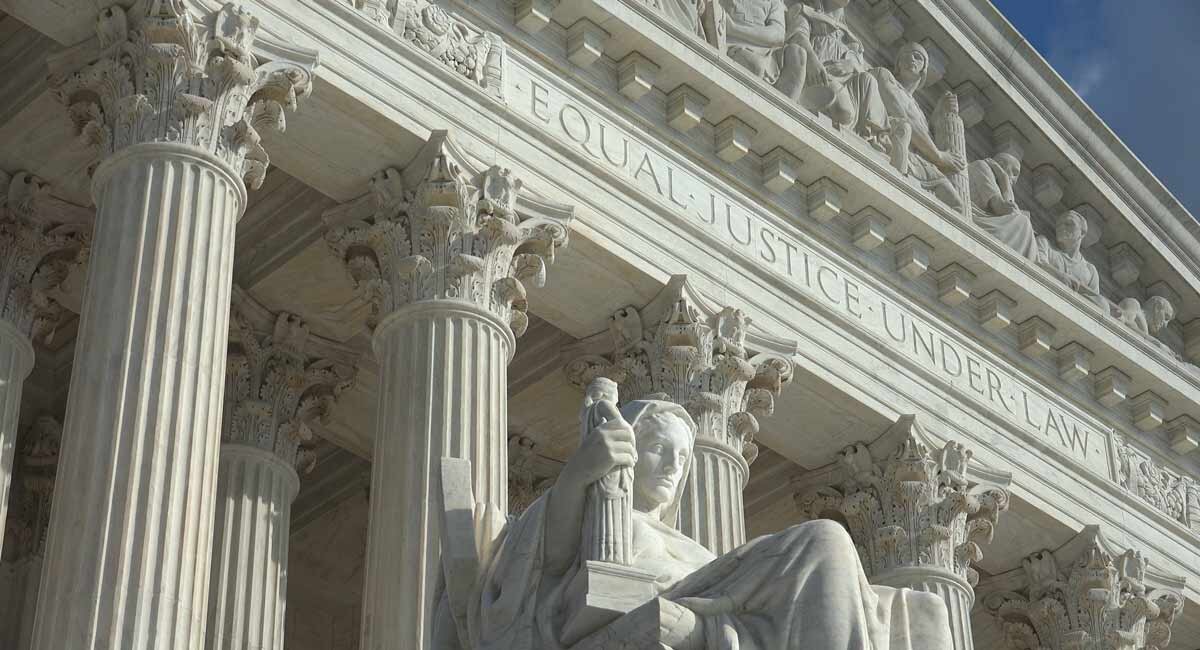BREAKING: U.S. Supreme Court refuses to block Texas abortion law
USA - On Wednesday evening (Thursday NZ time), nearly 24 hours after the Texas Heartbeat Act (SB 8) went into effect in Texas, the U.S. Supreme Court handed down a surprising 5-4 decision rejecting all emergency requests to block it.
According to a tweet from SCOTUSblog, the five Justices voting to allow the law to stand were Justices Clarence Thomas, Samuel Alito, Neil Gorsuch, Brett Kavanaugh, and Amy Coney Barrett. Justices Stephen Breyer, Sonia Sotomayor, and Elena Kagan were joined by Chief Justice John Roberts in dissent.
Justice Sotomayor’s dissent in the application for injunctive relief, Whole Woman’s Health v. Jackson, joined by Justices Kagan and Breyer, notes, “Today, the Court belatedly explains that it declined to grant relief because of procedural complexities of the State’s own invention.”
Sotomayor continued:
The Act authorizes any private citizen to file a lawsuit against any person who provides an abortion in violation of the Act, “aids or abets” such an abortion (including by paying for it) regardless of whether they know the abortion is prohibited under the Act, or even intends to engage in such conduct….
Today, the Court finally tells the Nation that it declined to act because, in short, the State’s gambit worked. The structure of the State’s scheme, the Court reasons, raises ‘complex and novel antecedent procedural questions’ that counsel against granting the application, ante, at 1, just as the State intended. This is untenable. It cannot be the case that a State can evade federal judicial scrutiny by outsourcing the enforcement of unconstitutional laws to its citizenry.
In the Justices’ dissent, Chief Justice John Roberts stated:
The application for injunctive relief or, in the alternative, to vacate stays of the district court proceedings presented to JUSTICE ALITO and by him referred to the Court is denied. To prevail in an application for a stay or an injunction, an applicant must carry the burden of making a “strong showing” that it is “likely to succeed on the merits,” that it will be “irreparably injured absent a stay,” that the balance of the equities favors it, and that a stay is consistent with the public interest….
The applicants now before us have raised serious questions regarding the constitutionality of the Texas law at issue. But their application also presents complex and novel antecedent procedural questions on which they have not carried their burden.
Roberts also added that “it is unclear whether the named defendants in this lawsuit can or will seek to enforce the Texas law against the applicants in a manner that might permit our intervention,” noting that “this order is not based on any conclusion about the constitutionality of Texas’s law, and in no way limits other procedurally proper challenges to the Texas law, including in Texas state courts.”
Prior to the decision, Amy Howe wrote at SCOTUSblog:
The Texas attorney general and other defenders of the law urged the justices to stay out of the dispute. Even if S.B. 8 were unconstitutional, the state contended, there still would be no reason for the Supreme Court to intervene because courts are limited in their power to grant relief before laws have actually been enforced.
In general, courts can bar people from doing something, but they have no power to “expunge the law itself,” the state said. And in this case, the state contended, the challengers sued Texas government officials who “explicitly do not enforce the law” as well as an anti-abortion activist who has testified that he will not bring any lawsuits under the law.
That means an order from the Supreme Court at this point would have no effect and would exceed the court’s authority, the state argued.
Justice Roberts mentioned these arguments in his dissent, as well.
Texas Right to Life noted in an email, “Texas Right to Life celebrates this phenomenal victory for tens of thousands of preborn children who will be spared the evil of abortion. We are optimistic that the Texas Heartbeat Act will continue to survive ongoing and future legal attacks against this historic policy.”
While this is good news for Texas babies and women for now, based on the dissents of the four Justices, there could be future successful court challenges to the Texas law. And while there is no indication as to how the Justices will decide this fall in the case of Dobbs v. Jackson Women’s Health Organization regarding Mississippi’s law restricting abortion to the first 15 weeks of pregnancy, this move is likely to give pro-lifers hope for a future in which more children are spared death by abortion.
THIS ARTICLE WAS ORIGINALLY PUBLISHED HERE


